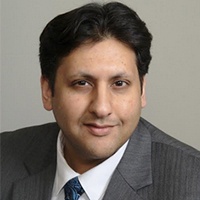South River RICO Act Lawyer, New Jersey
Sponsored Law Firm
-
 x
x

Click For More Info:
-
Vahn Law
27 Dearborn Ave. #175 Browns Mills, NJ 08015» view mapCriminal Defense Law Your Case Matters To Us
You have Rights; we exist to make certain those Rights are not violated and that you are afforded every opportunity to obtain a fair legal result.
800-708-3561
Not enough matches for South River RICO Act lawyer.
Below are all South River Criminal lawyers.
Barbara K Lewinson
✓ VERIFIEDBarbara K. Lewinson has practiced law in New Jersey for over 30 years, having been admitted to the Bar in December 1981. She has a general practic... (more)
Omar Kareem Qadeer
✓ VERIFIEDOmar K. Qadeer, Esq. is admitted to the New Jersey and New York Bars. Mr. Qadeer practices in a wide range of areas, including family law, immigratio... (more)
John Charles Allen
John M. Krenzel
Todd Brandon Eder
Todd B. Eder
William J. Shipers
FREE CONSULTATION
CONTACT George Vahn Browns Mills, NJ
George Vahn Browns Mills, NJ Practice AreasExpertise
Practice AreasExpertise



